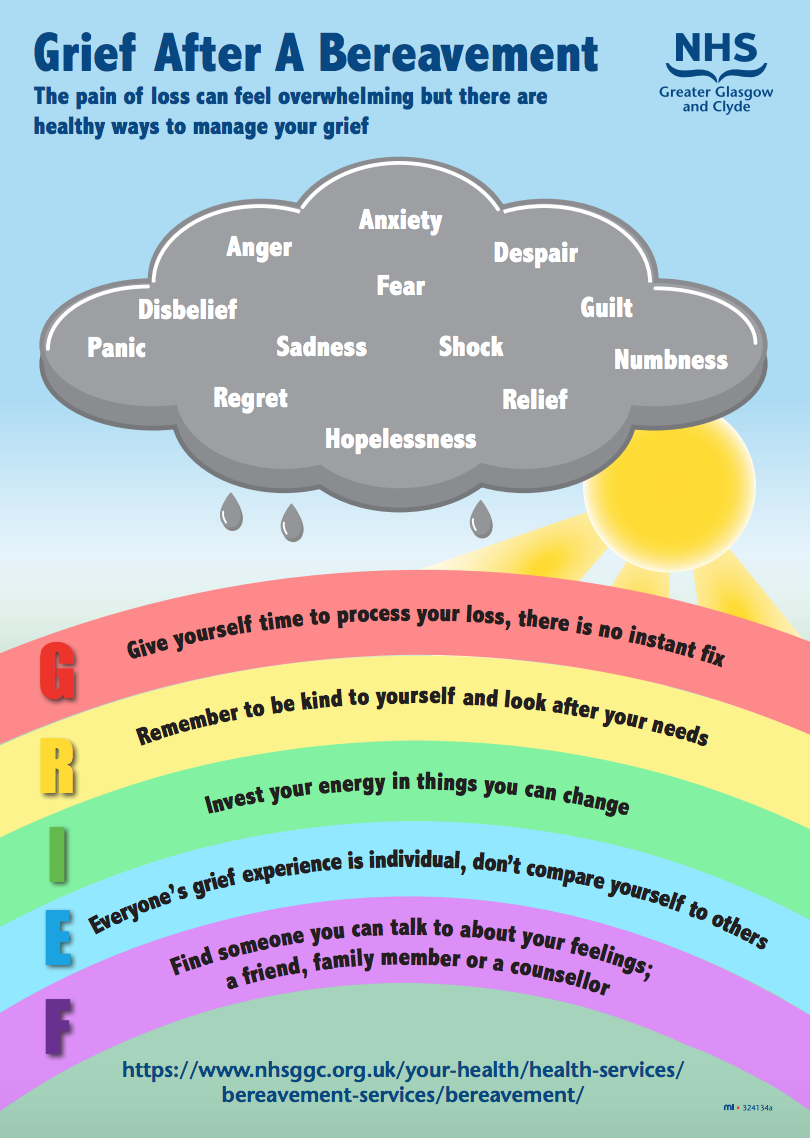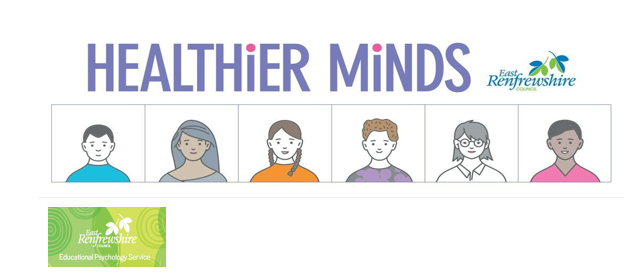Bereaved children and young people with additional support needs will require the same care, thought and attention as any child. It is sometimes assumed that children and young people with additional support needs require more protection from hearing about death and dying, that they will not understand, and that anxiety and distress can be minimised by avoiding talking about death. However, it is important that any loss is acknowledged in a sensitive way that helps the child to understand.
All children and young people grieve, however, the experience and presentation of a child with additional support needs may look different. Some of their understanding and reactions may be similar to those of a younger age-group. Some may appear to cope well at the time and demonstrate strong grief reactions much later. They may struggle to understand the finality of death or focus on the practical day to day routines rather than show strong emotions. Children with additional support needs may struggle to communicate their grief and instead their distress is displayed through changes in their behaviour.
Be led by the child. If the child’s focus is on who will pick them up from school and make their dinner, reassure them of who will take on this role. As far as possible, try to maintain a familiar routine and avoid where change is unavoidable help them to understand this using visuals or clear explanations. Use visuals, social stories or practical examples to help them process what has happened. Use concrete, clear language like dead, or died rather than lost, gone to sleep or passed away which can be confusing and frightening. Give them a role or a task around the funeral, and always prepare them for the what will happen at the funeral or memorial.
In this film Purple Ella discusses her own experiences of bereavement as a person with Autism. Key messages – a person with Autism and other additional support needs might need:
- very clear and specific language
- to carry on with routines and typical activities – this is not a sign that they don’t understand or care
- to see the person or animal to help them understand the body is no longer working
- support to identify the many emotions related to grief
- to be told how others are feeling – they may not instinctively understand the emotions of others and what they need
- more adaptations and supports to mitigate against enhanced ASD traits e.g. sensory needs, processing time, executive function skills, self-care skills
- direction around the funeral e.g. what to expect, what will happen, who will be there, visit the venue, plan outfits and travel
In this Thinking Autism Guide autistic children tell us what would help them process and understand death, bereavement and grief.
You will find information, guidance, advice and resources to help you support children and young people through bereavement, loss and grief here:


